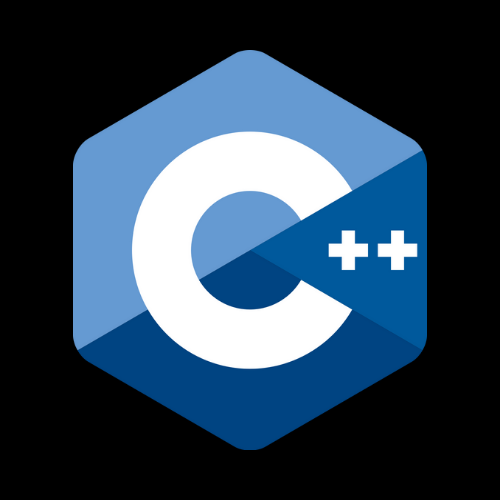Certainly! Let's delve into C++ pointers, how to create them, how to dereference them, and how to modify them, with examples.
1. C++ Pointers:
a. A pointer is a variable in C++ that stores the memory address of another variable.
- It allows you to indirectly access or manipulate the data that the pointer points to.
- Pointers are used for dynamic memory allocation, arrays, and other advanced memory manipulation.
b. Creating Pointers:
- You create a pointer by declaring it with the type of data it will point to.
- The syntax is: data_type *pointer_name;
2. C++ Dereference:
- Dereferencing a pointer means accessing the value at the memory address it points to.
- It is done using the * operator in front of the pointer variable.
3. Modify Pointers:
- You can modify pointers in several ways:
- Pointers can be reassigned to point to a different memory location.
- You can increment or decrement pointers to move them to the next or previous memory location.
- You can use pointer arithmetic to access elements in arrays.
Example 1 (Reassigning pointers):
Example 2 (Pointer arithmetic):
Example 3 (Incrementing/Decrementing):
Remember that when modifying pointers, it's essential to be cautious not to access memory outside the allocated space, which could lead to undefined behavior or segmentation faults. Always ensure that your pointer operations are within the bounds of valid memory.


